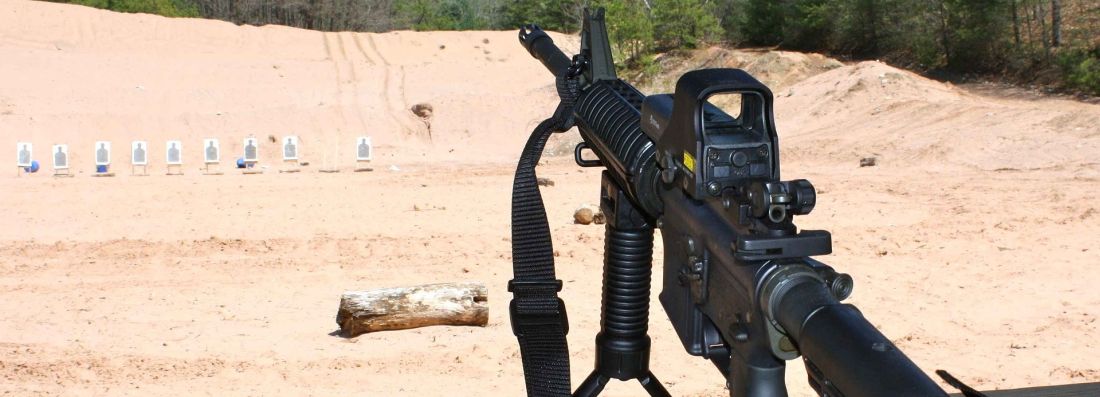
Registering Guns According to the National Firearms Act
In a previous article, we discussed firearms in two categories: those that are subject to the National Firearms Acts (“NFA Firearms”), and those that are not (“non-NFA Firearms”). Non-NFA Firearms – including handguns and long guns – may require a background check or a registration, depending on your state’s laws. Transferring ownership of NFA Firearms, the subject of this article, is a much more complex process.
Types of Firearms Regulated by NFA
NFA Firearms is defined as including any of the following: (A) a short-barreled shotgun, the barrel(s) of which measure(s) less than 18 inches, or the overall length of which is less than 26 inches; (B) a short-barreled rifle, the barrel of which measures less than 16 inches, or the overall length of which is less than 26 inches; (C) “any other weapon” (“AOW” — a pen gun, for example); (D) a machine gun; (E) a silencer (more accurately, a “suppressor”); or (F) a destructive device (such as a hand grenade).
Steps for Registering a NFA Firearm
Some states require the registration of NFA Firearms with the state law enforcement authorities, and some do not. However, regardless of which state you live in, all NFA firearms must be registered with the Federal Bureau of Alcohol, Tobacco, Firearms and Explosives (which is still commonly referred to as the “ATF”).
A “Form 4” is the ATF form required to transfer and register an NFA Firearm. Upon approval of a Form 4, an owner is issued a “tax stamp” (since the National Firearms Act is simply a chapter within the Internal Revenue Code), and only then may the applicant take possession of the NFA Firearm.
Note, however, that your state’s law might prohibit the possession of one or more of these NFA Firearms. By way of example only, Pennsylvania prohibits the possession of “destructive devices,” calling them “Prohibited Offensive Weapons,” but allows for the possession of any of the other above-listed NFA Firearms, provided they are properly registered with the ATF.
Background Checks vs. Registration
Let us keep in mind then that the NICS background check (in theory at least) simply ensures that a transferee is not a Prohibited Person, and, with some exceptions, nearly all firearms (both NFA and non-NFA) are subject to background checks. Registration, on the other hand, while required in all states for the transfer of NFA Firearms, is only mandated in a handful of states for non-NFA Firearms.
May we be precise in our terminology and zealous to keep these terms distinct, in theory and in practice, remembering that background checks are intended to keep guns out of the hands of the bad guys, whereas registration might eventually keep them out of the hands of the good guys.
[A version of this article was originally published in Concealed Carry Magazine, October 2015 (pages 84-88)]

